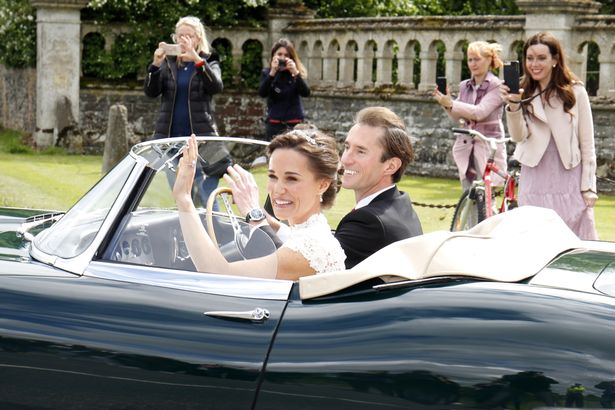
Destination Weddings – Is the marriage recognised in the UK?
February 26, 2017
Dan Kerr Brides goes into administration. What you need to know?
April 19, 2017It is important to remember that the legalities surrounding an international wedding can be slightly more complex compared to a conventional UK wedding.
Here is our quick guide to getting married abroad:
- Documentation – Depending on which country you are planning to get married, you may need to provide certain documentation for your marriage. The information requirements can often vary from country to country. You are able to obtain guidance if you visit the Government Website (https://www.gov.uk/marriage-abroad). The website has a step by step guide to assist you in understanding your obligations as to documentation.
- Marriage certificate – You will not be able to obtain a British marriage certificate if you get married abroad. You can still have the marriage recognised in the UK, provided you comply with the local law of the country of marriage. (See Destination Weddings – Are they recognised in the UK?)
- Insurance – it is recommended that you take out suitable wedding insurance in the UK which will provide cover for the wedding in the country of choice. Before enrolling onto a policy, ensure you are clear on what the policy covers and what is excluded. Click here for more information about wedding insurance. In the event that there may be an exchange of high value gifts at the international wedding, guests are advised to check that their travel insurance adequately covers the value of the gifts in the event that they are lost, stolen or damaged. Quite often, we have noticed travellers take out a generic insurance to cover them for the whole year. Therefore, if you are expecting a high valued gift at a destination wedding, ensure your insurance cover is adequate. If need be, consider upgrading your policy. Ensure the hotel / apartment can provide you with a safe big enough to fit any high valued gifts.
- Contracts – It is advisable to ensure that any contract you sign for a service being provided in another country contains a “jurisdiction clause” which states that the Agreement shall be governed and construed in accordance with the law of England and Wales. In the event of dispute, this will assist you in resolving the dispute by using the courts in England and Wales.
An example of the clause that should be inserted is as follows:
“This Agreement shall be governed by and construed in accordance with the law of England and Wales. Each party irrevocably agrees to submit to the exclusive jurisdiction of the courts of England and Wales over any claims or matter arising under or in connection with this Agreement”.
- Make provision for site visits before the big day – Where possible, aim to visit the venue at least once before the big day to gain an appreciation of the facilities which will assist in managing your expectations for the big day.
- Ensure suppliers are fully briefed about the wedding venue and facilities before entering into a contract – In the event of you booking suppliers from the UK, avoid entering any contracts until the suppliers have gained a full understanding of the venue. This may require them to speak with the management of the venue or in some cases going out for a site visit. Problems could occur where you have entered into a contract, only to find the contract price increases after your have committed due to additional equipment being needed which was not appreciated at the time of entering the contract.
- Have agreements and emails printed before your leave the UK – Much of the planning for a destination wedding will take place via email. Therefore, before departing the UK to the country of your wedding, ensure you have hard copies of all the agreements, itineraries and plans so you can ensure all agreements have been fully complied with. Do not rely on Wi-Fi or printers at your hotel to assist you in digging out such information once you have arrived at your destination.
For any more information about the legalities of getting married abroad – contact info@theweddinglawyer.co.uk




